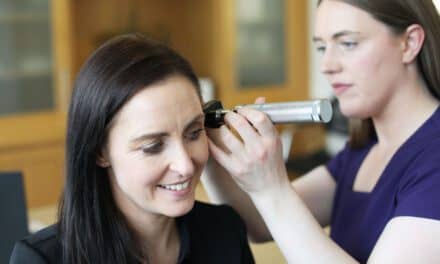CBSET partner CILcare, a clinical research organization (CRO) specialized in the research and development of drugs and medical devices in the field of hearing, announced that it has initiated the second phase of its ongoing tinnitus research project, DETECT, a public/private project being conducted in collaboration with the University of Montpellier that aims to develop a preclinical tinnitus detection model.
In Phase 1, CILcare was reportedly able to correlate electrophysiology, manganese-enhanced magnetic resonance imaging (MEMRI), and behavioral assessments that define a preclinical model for detecting tinnitus. In Phase 2, CILcare will adapt the preclinical model to humans.
“DETECT is a testament to our partner CILcare’s leadership in preclinical tinnitus research and development,” said Peter M. Markham, CEO and a co-founder of CBSET.
“DETECT empowers us to discover new insights that should dramatically advance development of preclinical tools so we might better understand the effects of medicine on the inner ear and the auditory cortex, and thereby expedite the arrival of industry’s therapeutic solutions for patients suffering from tinnitus,” said Celia Belline, CEO and founder of CILcare.
Tinnitus is the perception of a noise that one hears in the absence of external stimulation. Occasional, intermittent, or continuous, tinnitus can occur after physical or acoustic trauma, as a result of taking certain medications, and can be associated with several diseases including Meniere’s disease. There is no therapeutic solution to treat tinnitus due to a lack of understanding of its physiopathological mechanisms, the lack of reliable models for developing new compounds in preclinical research, and the difficulties in accurately diagnosing patients.
Source: CILcare
Image: CILcare





